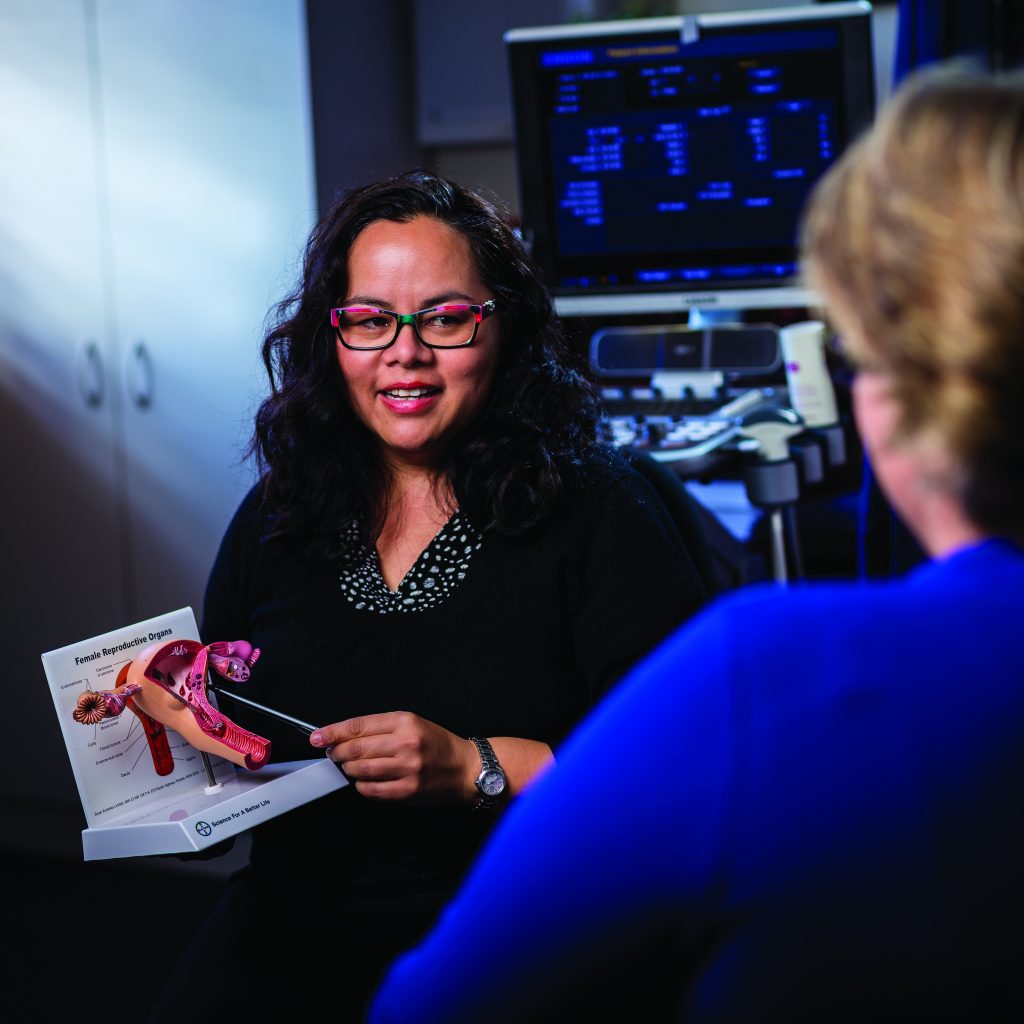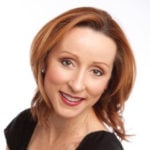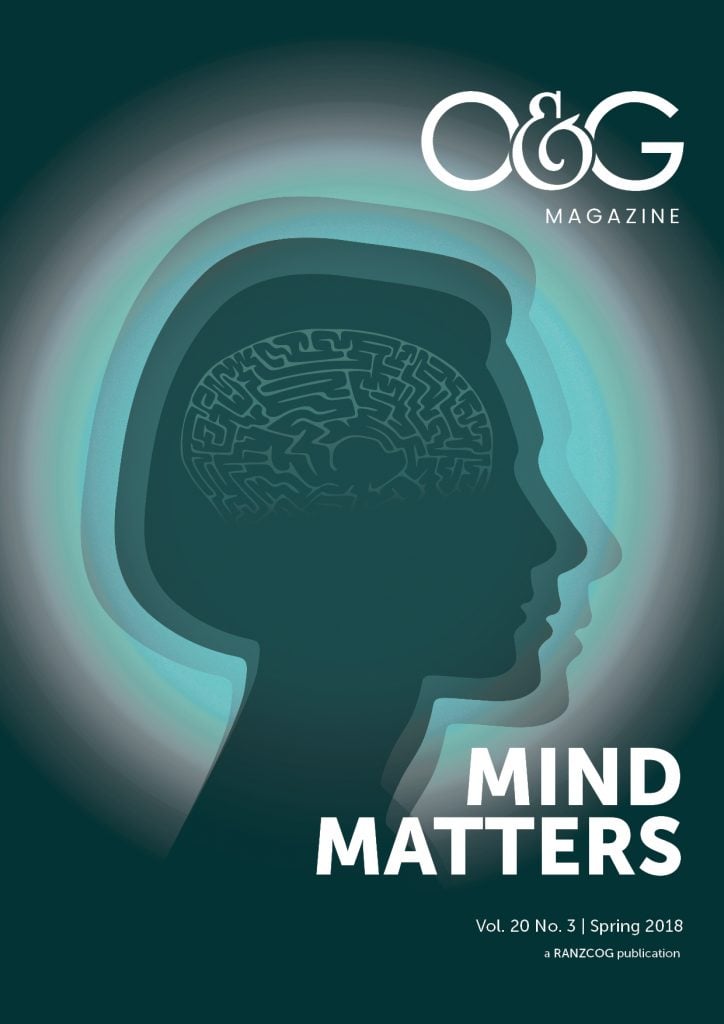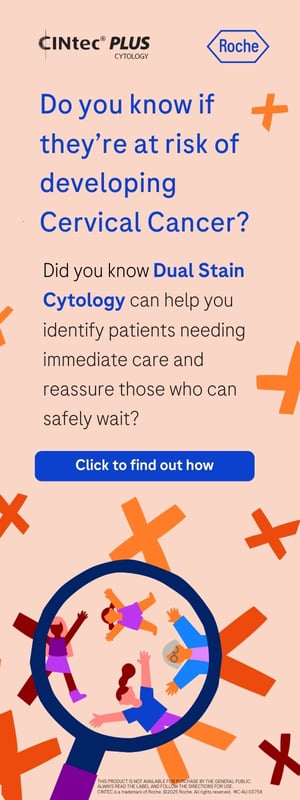This new O&G Magazine feature sees Dr Kirsten Connan in conversation with RANZCOG members in a broad range of leadership positions. We hope you find this an interesting and inspiring read. Join the conversation on Twitter #CelebratingLeadership @RANZCOG @connankf
Dr Marilyn Clarke
MBBS, Grad Dip Clin Epi, FRANZCOG
Dr Marilyn Clarke (nee Kong) graduated from the University of Sydney in 1997, obtaining her FRANZCOG in 2007. In doing so, she importantly became Australia’s first Aboriginal O&G. Today, RANZCOG has three Fellows and five trainees who identify as Aboriginal or Torres Strait Islander.
Dr Clarke grew up in Port Stephens, north of Newcastle, NSW, with her twin sister, Dr Marlene Kong (GP) and younger brother, A/Prof Kelvin Kong (ENT surgeon). Dr Clarke credits her mother, Grace Kinsella, a Woromi woman and passionate community nurse, for inspiring her and her siblings to become doctors. Her father, Malaysian-Chinese Dr Kong Cheok Seng (Tony) is also a doctor, living in Malaysia. Dr Clarke, until recently, was the only Provincial Fellow in Grafton, NSW. Along with her 12-year-old daughter and eight-year-old son, she is deeply engaged with her extended family and community.
What led you to a career in O&G?
I had my first real exposure to O&G as a medical student at King George V Memorial Hospital, where I befriended Sister Alison Bush, renowned Aboriginal midwife and Honorary RANZCOG Fellow, and then at Westmead Hospital during my residency, falling in love with women’s health. I then spent 12 months with Australian Volunteers Abroad in Kavieng, New Ireland Province, Papua New Guinea. Here, every mother was high risk, with endemic malaria and domestic violence. This solidified my decision to commit to the O&G specialty. I was based at John Hunter Hospital for the majority of my training and soon realised I love every area of O&G, leading me to life as a Provincial Fellow.
Who have been the mentors in your life?
Firstly, my mother, an unsung hero. She was an enormous inspiration to me. Not many people would know, but she was the first and only Aboriginal women’s health practitioner in NSW.
Secondly, Alison Bush. Alison was a truly skilled midwife and a passionate advocate for Aboriginal and Torres Strait Islander women and babies. She taught so many of us the essential foundations of ‘normal birth’.
Did you aspire to leadership?
I was not looking for leadership. I think some people are born with natural leadership qualities and have the opportunity to use them. Others find themselves in positions of leadership and learn. My brother is the former, a natural leader.
As an Aboriginal and Torres Strait Islander doctor and trainee, I was expected to participate in many extra committees and take on roles not held by my peers. I did so willingly, as we needed advocacy for Aboriginal and Torres Strait Islander health, but it was certainly difficult juggling this with my training. During these registrar years, I had work, study, family, Aboriginal community responsibilities, Aboriginal land council commitments, and numerous committee representative expectations. Like most Aboriginal and Torres Strait Islanders, I also had more sickness and death happening in my family and community than most of my peers.
Do you now yourself as a leader?
Yes. Initially this happened without choice, but now it is a choice, a privilege and a pleasure. Aboriginal and Torres Strait Islander trainees are more likely to hold further responsibilities beyond training. No one else had been in my situation before, so there was no mentoring. I would like to see this happen for our next generation of Aboriginal and Torres Strait Islander trainees.
What has been most challenging in your career?
Balancing everything! I think even in households with the reversal of traditional roles, it is still hard. I have many Aunties and extended family. They have been invaluable.
What do you feel RANZCOG could do to further facilitate leadership training?
For our Aboriginal and Torres Strait Islander trainees, it would be great if we could establish a formal mentoring program. Issues for Aboriginal and Torres Strait Islander trainees are both the same, and also very different, to other trainees.
Aboriginal and Torres Strait Islander women’s health should be part of core business for RANZCOG and incorporating this into the mainstream curriculum should occur. Aboriginal and Torres Strait Islander cultural competence training should occur for all RANZCOG members. Advocacy can’t just be the responsibility of the few Aboriginal and Torres Strait Islander trainees and Fellows.

Leaders in Focus: Dr Marilyn Clarke
What do you see as your primary role as an O&G?
To empower women to understand what their options are, informing them in a way they can understand. I want to empower women to make decisions about their healthcare. This should always be our everyday practice.
Has your Aboriginal and Torres Strait Islander heritage influenced your practice of medicine?
Growing up and experiencing disadvantage to a greater degree than most of my peers certainly provided a different perspective. I am always conscious of this for others and work hard to remove barriers to their healthcare.
Do you see yourself as a feminist?
Yes. We should all be advocating for women to participate equally in society.
What would you do differently in your career?
I would say no a lot more! I would spend less time at meetings.
Do you have any regrets?
No regrets. I do remember I was terrified to tell my employers when I was pregnant and felt guilty for taking time off. We shouldn’t have a culture that leads us to feel guilty. I wish I hadn’t felt that way.
What role has RANZCOG played in Aboriginal and Torres Strait Islander healthcare?
They have invested in the Indigenous Women’s Health Committee (IWHC). With each new president and council, there is more enthusiasm and more action initiated for Aboriginal and Torres Strait Islander women’s healthcare.
There are now lots of Fellows investing into the IWHC and Aboriginal and Torres Strait Islander women’s healthcare. Prof Mike O’Connor, Dr Chris Hughes, Dr Margaret O’Brien, Dr Jacqui Boyle, Prof Michael Permezel and Prof Steve Robson have all been particularly prominent supporters of Aboriginal and Torres Strait Islander women’s healthcare during my time as a Fellow.
What words best describe your life?
Hectic and fulfilling!
In 2018, a scholarship will be established for an Aboriginal and Torres Strait Islander nurse to pursue a career in women’s health, in honour of Dr Clarke’s mother.
Dr Clarke is willing to be contacted for career advice and mentoring by trainees who are interested in pursuing a career as a Provincial Fellow in Australia.






Leave a Reply